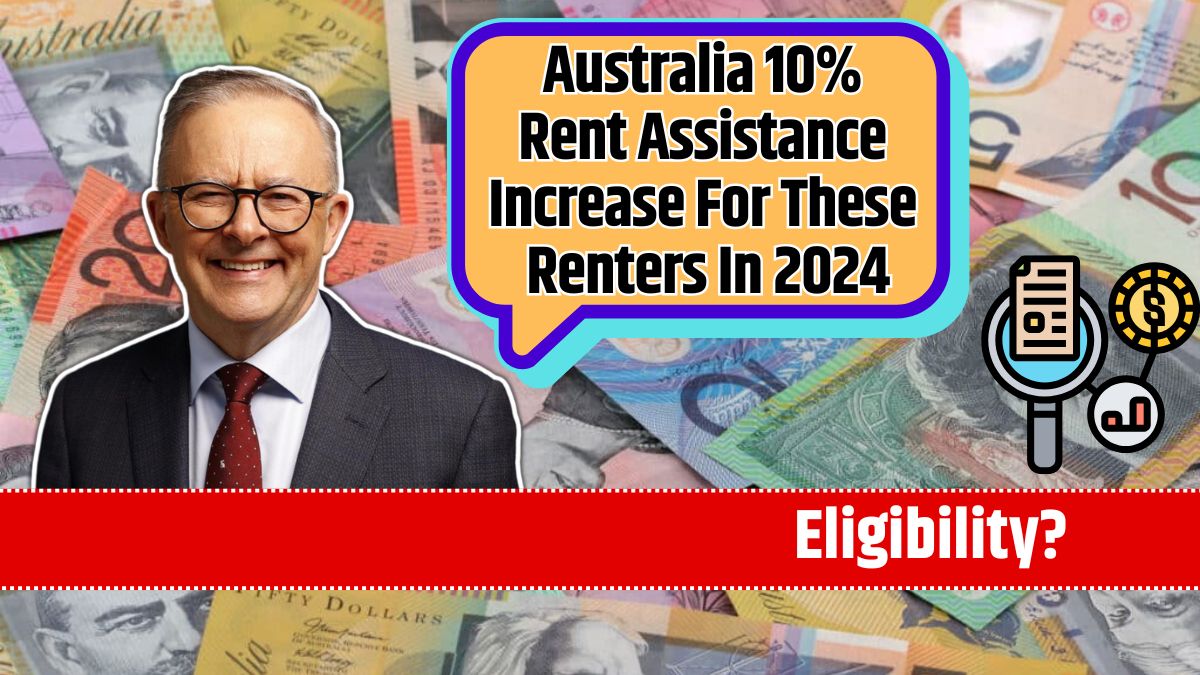There hasn’t been a Senate vote set for the Social Security Fairness Act yet, so it could still fail. It has until the end of the year to pass or go back to the drawing board. To be clear, the bill passed the House of Representatives in November and is now waiting for approval from the Senate to become law.
This bill is important because it gets rid of the Windfall Elimination Provision (WEP) and the Government Pension Offset (GPO), which caused some workers who also get pensions to get less money from Social Security.
People who get so-called “non-covered” pension income from companies, mostly in the public sector, that don’t pay Social Security payroll taxes will have their payments cut by the WEP. It’s possible that the cut will be big, up to half of the salary amount.
Survivor or spouse payments are cut by the GPO if a person’s salary is not protected. Fewer people are affected by GPO, but Social Security payments are cut by two-thirds of the pension amount.
If two-thirds of your government salary is more than your Social Security income, you may not get any more money from Social Security. They have an impact on about 3 million Americans as a whole, such as teachers, firemen, police officers, and mail workers.
Why is the Senate not voting on the Social Security Fairness Act?
Senators Ed Markey (D-MA), Bill Cassidy (R-LA), Sherrod Brown (D-OH), and Susan Collins (R-ME) have delivered impassioned speeches on the Senate floor, sent letters, and underlined the significance of enacting this legislation for the millions of people affected. It’s not often that both Democrats and Republicans agree on something, and this bill’s success seems to make it a sure thing.
Some people aren’t as sure, though. For example, Senator Angus King (I-ME) said that he heard stories that the bill doesn’t have enough votes to pass and that some Republican senators may have dropped their support to stay in line with their party.
This might be because of costs. The Social Security Fairness Act would cost $196 billion over the next ten years, which would bankrupt Social Security six months earlier. Given how bad things are for the program, a lot of people don’t think this is a good reason not to pass the measure, but others clearly do.

Source: google.comKing said he is still hoping that the bill will be passed by being added to a “must pass” budget bill like the National Defense Reauthorization Act. The man said, “I’d take that over even odds.”
If it doesn’t pass, Congress will have to redo the bill, and they might change the parts that are unfair instead of getting rid of them.
The head of the Committee for a Responsible Federal Budget, Maya MacGuineas, backs this choice and points out how much the bill costs: “At a time when we’re already borrowing $2 trillion per year and retirees are already slated to see a 21% benefit cut – an average of $16,500 for a newly retiring couple in 2033 – in just nine years, why would we make it a 22%, $17,300 cut in eight and a half years instead?”
Those who are affected are not so confident, as Susan Dixon, 68, a retired schoolteacher in San Clemente, California, and president of the California Retired Teachers Association,, exclaims, “It is shameful that such a widely supported measure has yet to be scheduled for a vote.” I’ll be at the gathering to speak out for the millions of retirees who deserve to be treated fairly and with respect, and to demand that something be done. Also, it’s very important that our Senators show up to vote in two weeks.
Her voice is accompanied by Don Hillbish, a former police sergeant from Reading, Pennsylvania, who began working as a newspaper boy at 14 years old, then worked part-time from 15 to college and throughout his career as a police officer, as do many other cops and firefighters.
“From 1969 to about 2018, I worked and paid into Social Security.” It used to be $1,100 a month, but with WEP and GPO, it dropped to about $350 because I get a city income.
They say that they are not asking for more perks, just the ones that they are already entitled to because of what they have done.












